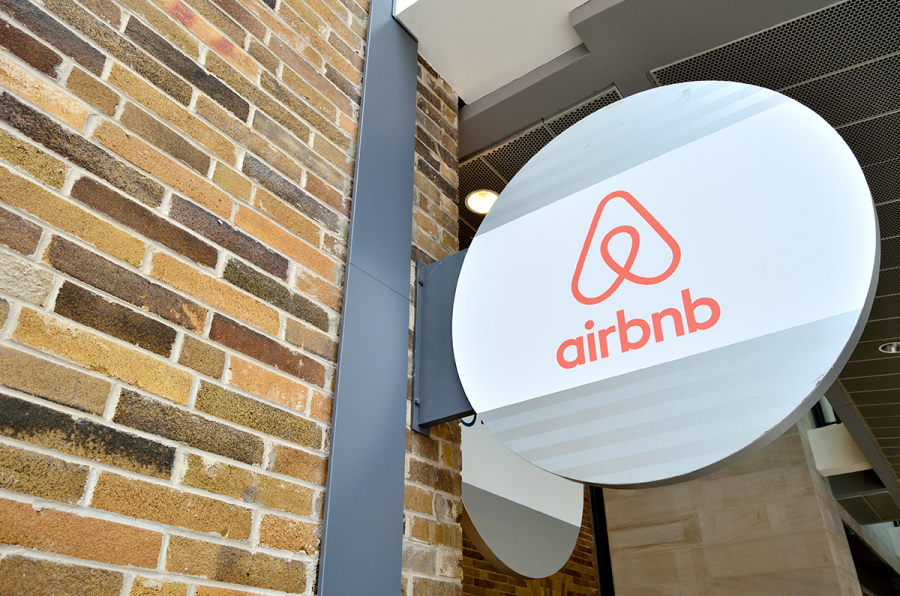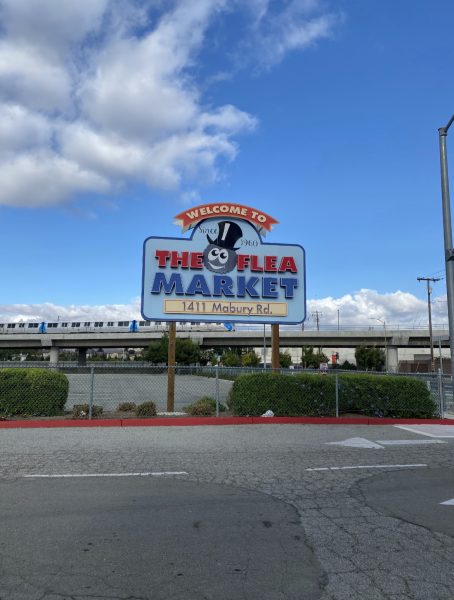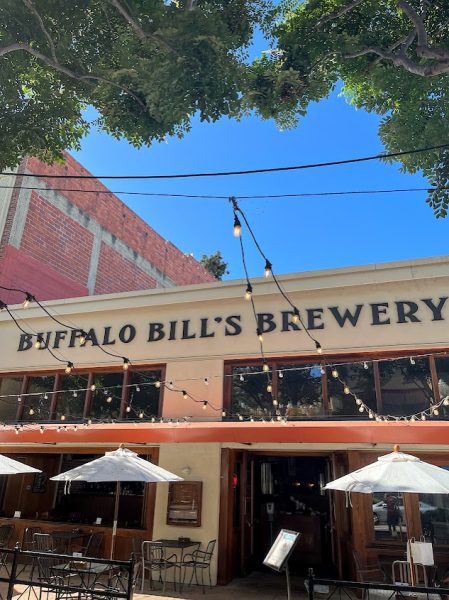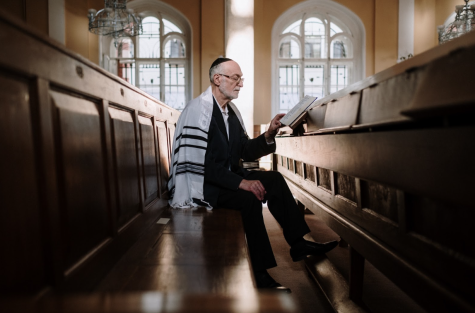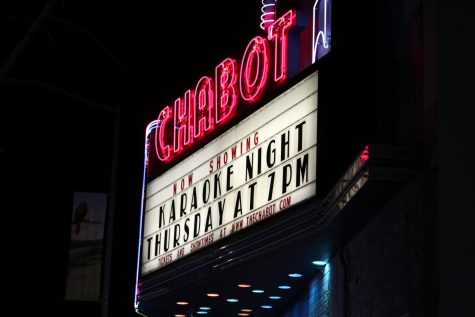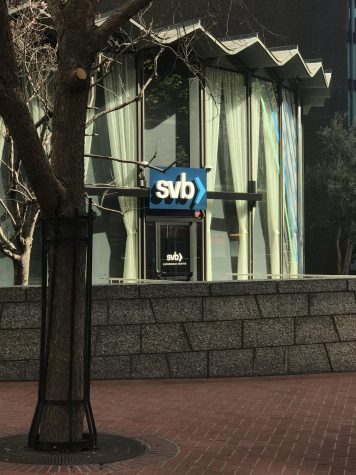San Leandro on banning most short-term rentals
March 28, 2019
The city of San Leandro is considering enacting a complete ban on all non-hosted rental homes in response to resident complaints which could potentially affect homeowners that rent out their properties on sites like Airbnb.
City Council implemented a moratorium against non-hosted homes in July of last year. It put a temporary ban on “non-hosted” rentals which are defined by the city as homes that are put up for a short-term rental in which the host is not present on the property during the rental period. These homes are typically listed on sites such as Airbnb and its competitors.
In a post that went up on May of last year on the popular online neighborhood forum NextDoor, many of the residents aired out their grievances towards the issue while only a few others responded indifferently.
San Leandro Mayor Pauline Cutter said in an interview that these non-hosted rentals were operating in the city without any real issues until recently. In the past, the hosts that owned these homes were in one way or another obtaining unwritten approval from their neighbors to rent out their properties in residential areas.
“We then had an occasion where one individual bought some of the larger houses in San Leandro and marketed them as a corporate retreat,” Cutter said.
This string of homes owned by the same person was renting out to groups of 20 people or more at a time. Without the presence of the owner on site, this led to various occasions in which the guests were either loud or disturbing the neighborhood residents in some way, and were constantly taking up the already limited amount of street parking available, according to Cutter.
Donna Chamberlin, a resident of San Leandro, has lived across the street from a short-term rental home and she says her experience has only been negative.
“We have had our car hit, late-night noise, phone lights trying to find the house, one to four a.m. disturbances, and random vehicles coming in and out of our street at all times of the night,” she said in an interview.
Hosted rentals can still operate but non-hosted rentals are temporarily banned under this moratorium. This means that as long as the owner is on the property, the rest of the house can be rented out for short-term guests.
Chamberlin said that the house on her street technically falls under hosted rental because the host does not rent out the master bedroom as a loophole to get around the moratorium.
“The final decision should be that there are no Airbnbs in neighborhoods that are already coded to not have any Airbnbs of any kind. They are hotels and this is a family neighborhood, not a commercial area,” Chamberlin said.
The moratorium enacted in July was originally set for 30 days but the City Council agreed to extend it to a full year to give the City some time to decide what to do, according to City Deputy Manager Eric Englebert.
“Based on the council’s direction that was discussed last year, the final decision will likely include a ban on non-hosted rentals and most likely still allow the use of hosted rentals,” said Englebert.
Cutter believes that in theory, there could be ways to regulate the issues at hand like putting a cap on the number of non-hosted rentals or number of days rented, he but believes that the City may not be fully equipped for that.
“We needed to put a stop to it and then find out who in the community really is in favor and who is not and how this would look if we did try to put a cap on things,” she said.




